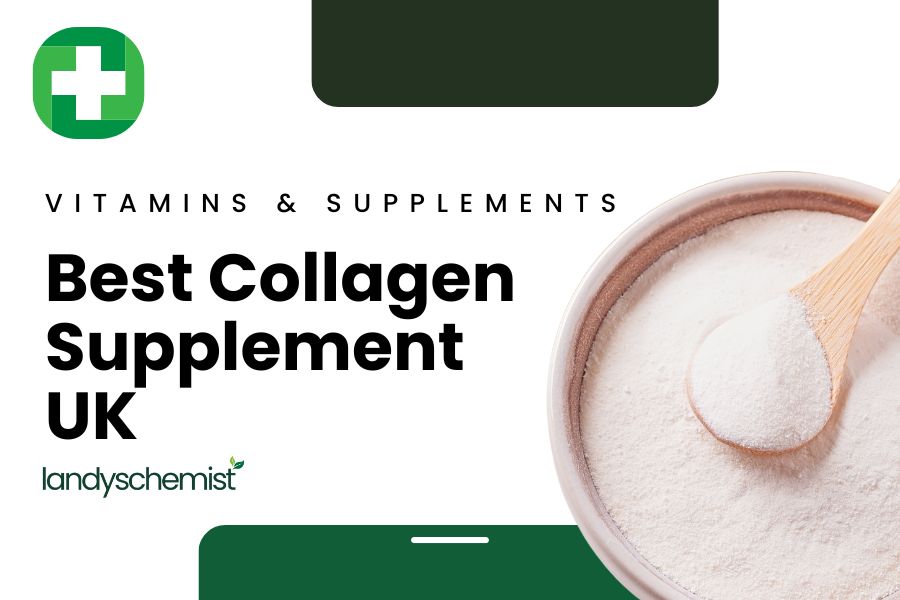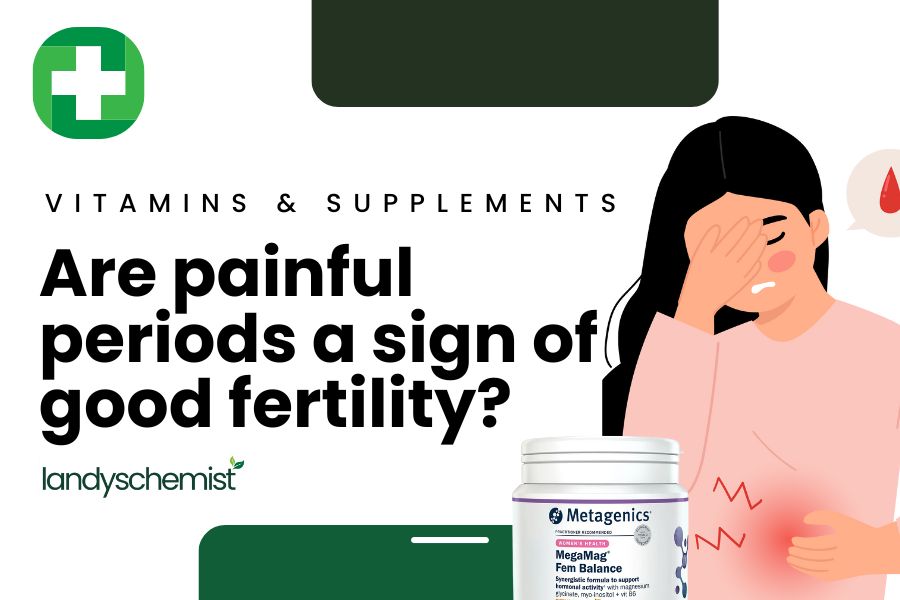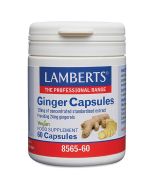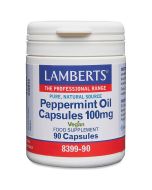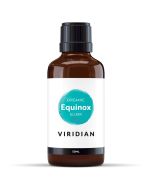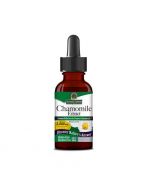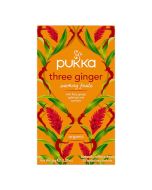
Best supplements for menopause bloating (quick relief)

Menopause brings many changes to a woman’s body, and one common but frustrating symptom is bloating. This uncomfortable feeling often comes from hormonal shifts affecting digestion, fluid retention, and gut health. Thankfully, there are natural remedies that work quickly to ease bloating. Here’s a look at six fast-acting solutions and some helpful tips to reduce bloating during menopause.
Read More - Menopause 101: Everything You Need To Know
What Causes Menopause Bloating?
Menopause bloating happens mostly because of hormonal changes, particularly fluctuating levels of estrogen and progesterone. “Estrogen plays a major role in how your body retains water and digests food. As estrogen levels fluctuate, it can lead to fluid retention and digestive slowdowns, which both cause bloating,” explains Mitesh Desai, Nutritionist at Landys Chemist.
Progesterone, on the other hand, can slow digestion, leading to gas and bloating. Lifestyle factors such as changes in diet, activity levels, and stress can also contribute to bloating during menopause.
Supplements for menopause bloating
Peppermint Oil
Peppermint oil is widely known for its ability to relax the muscles in the digestive tract and have a soothing effect that helps ease overall digestive discomfort. "Peppermint oil capsules or tea can be particularly helpful for relieving bloating because they work quickly to ease muscle tension in the gut," adds Girish Desai, Pharmacist at Landys Chemist. Tea provides faster relief, while capsules offer a more concentrated dose but may take slightly longer to work.
Ginger
Ginger has long been used to improve digestion and reduce inflammation. It calms the digestive system, eases bloating, and helps food move more efficiently through the intestines. For quick relief from bloating, options like ginger shots or eating raw ginger can be more effective, as they deliver the active compounds faster. However, tea or capsules are also convenient and widely used alternatives.
Fennel
Fennel is a well-known natural remedy for digestive discomfort, particularly for easing bloating by relaxing the muscles in the digestive tract. This allows trapped gas to pass more freely, providing relief from bloating, gas, and indigestion. Drinking fennel tea regularly can help promote overall digestive health and ease future bloating.
Magnesium Glycinate
Magnesium plays a key role in various bodily functions, such as muscle relaxation and maintaining water balance. Magnesium glycinate is easily absorbed and gentle on the stomach. It is particularly effective for relieving bloating by reducing water retention and promoting regular bowel movements, especially if constipation is a concern. Powdered forms of magnesium glycinate tend to work faster, as they are absorbed more quickly than capsules, offering quicker relief from bloating.
Chamomile
Chamomile is a calming herb that not only helps with stress but also acts as a digestive relaxant. It can reduce bloating by easing inflammation in the gut and relaxing muscles that may contribute to gas buildup. Chamomile tea is an excellent choice for reducing bloating while also promoting relaxation.
Dandelion Root
Dandelion root is a natural diuretic, helping the body eliminate excess water, which can reduce bloating. It also supports liver health by aiding digestion and detoxification. Adding a few drops of dandelion root extract into water is a simple way to incorporate it into your routine, helping prevent water retention and promoting smooth digestive function. Regular use can keep bloating at bay and support overall digestive health.
How to prevent menopause bloating
In addition to these natural remedies, making a few simple lifestyle changes can also help reduce menopause bloating:
- Consider digestive enzymes: Taking digestive enzymes 20 minutes before meals can help your body break down food more efficiently, which reduces bloating and discomfort after eating.
- Eat smaller meals: Large meals can overwhelm your digestive system, leading to bloating. Instead, try eating smaller, more frequent meals throughout the day to keep digestion running smoothly.
- Stay hydrated: Drinking plenty of water helps flush excess sodium out of your system, reducing water retention and bloating.
- Incorporate gentle exercise: Regular physical activity like walking or yoga can help move gas through your digestive system and reduce bloating.
The importance of probiotics for menopause digestive health
Probiotics, live beneficial bacteria, can offer a long-term solution to reducing bloating during menopause. Hormonal changes can disrupt the balance of bacteria in your gut, leading to digestive problems like bloating and gas. "Probiotics restore that balance, promoting a healthy gut environment and easing bloating over time," says Mitesh Desai.
Sources of Probiotics:
- Fermented foods: Foods like yoghurt, kefir, sauerkraut, and kimchi are rich in probiotics and can help maintain a healthy gut balance.
- Probiotic supplements: These offer a convenient way to get a concentrated dose of beneficial bacteria, supporting gut health and reducing bloating over time.
While menopause bloating can be uncomfortable, peppermint oil, fennel, dandelion root, and magnesium glycinate can offer fast-acting relief. Along with helpful lifestyle changes such as staying hydrated and eating smaller meals, you could notice a significant difference in the amount of bloating you get.
Sources:
- https://www.ncbi.nlm.nih.gov/pmc/articles/PMC3984489/
- https://pubmed.ncbi.nlm.nih.gov/36994979/
- https://www.frontiersin.org/journals/drug-discovery/articles/10.3389/fddsv.2022.1043617/full
- https://www.ncbi.nlm.nih.gov/pmc/articles/PMC7847707/
- https://www.ncbi.nlm.nih.gov/pmc/articles/PMC10448020/
- https://pubmed.ncbi.nlm.nih.gov/9861593/
- https://www.med.umich.edu/1libr/MBCP/Magnesium.pdf
- https://www.ncbi.nlm.nih.gov/pmc/articles/PMC2995283/
- https://www.ncbi.nlm.nih.gov/pmc/articles/PMC3155102/
- https://www.ncbi.nlm.nih.gov/pmc/articles/PMC8063808/
- https://www.sciencedirect.com/topics/agricultural-and-biological-sciences/digestive-enzyme
- https://www.ncbi.nlm.nih.gov/pmc/articles/PMC9116469/

